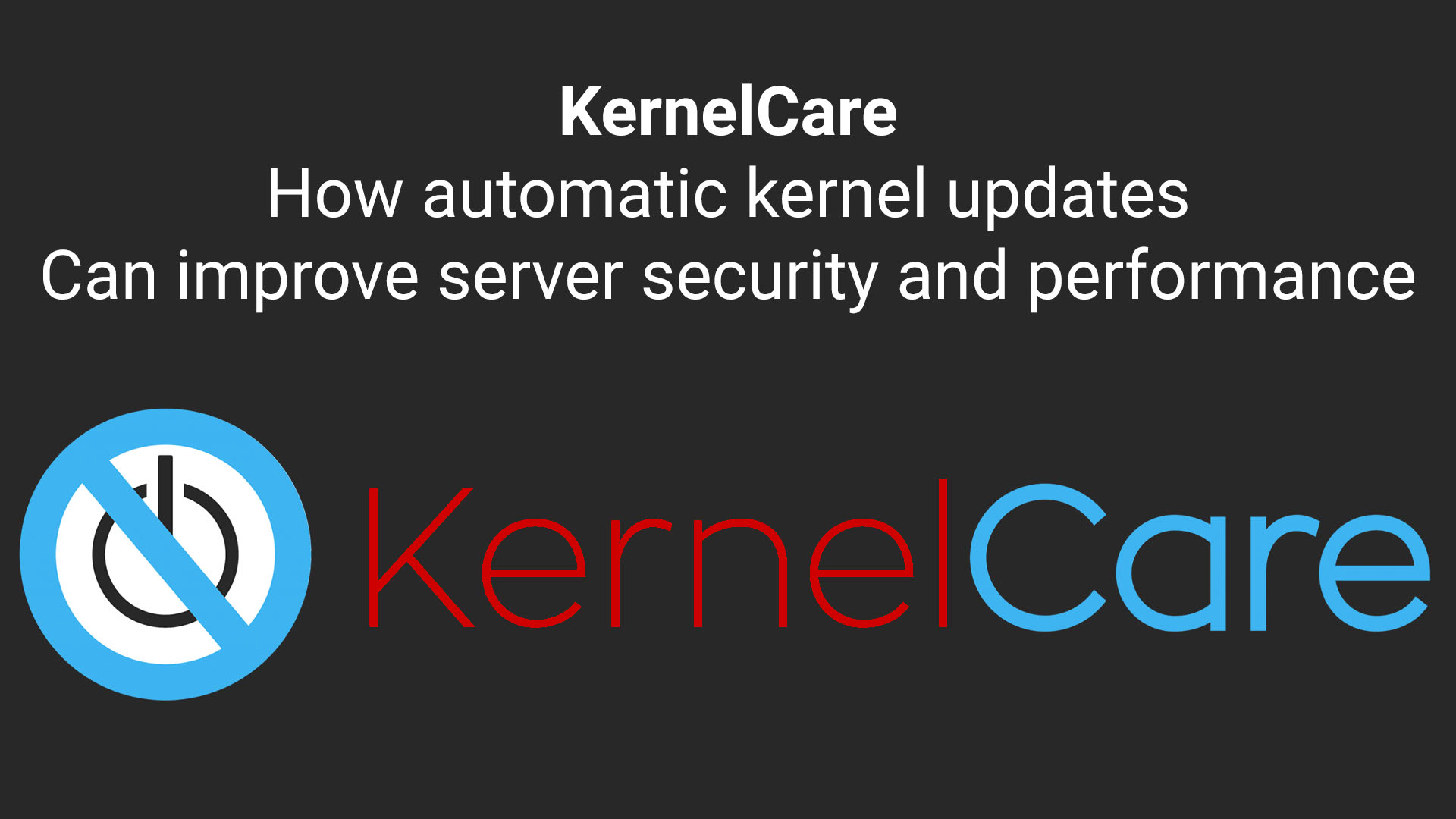KernelCare: How automatic kernel updates can improve server security and performance
- November 08, 2024, 08:30:20

Updating the operating system kernel is an important part of keeping servers up to date, especially when it comes to security. However, for many companies, this is due to the need to shut down servers and potential performance losses. KernelCare offers a solution to this problem by providing the ability to update the server core without having to reboot. In this article, we will look at what KernelCare is, how it works, why it is used, and how its implementation can help your business.
What is KernelCare and how does it work?
KernelCare is a service for automatically updating the Linux operating system kernel without having to restart the server. This tool solves one of the key problems of system administrators — the installation of critical security updates without interrupting the operation of servers. KernelCare automatically applies patches to the kernel in real time, eliminating downtime.
The principle of operation of KernelCare:
Constant vulnerability monitoring — KernelCare regularly checks for new patches for the kernel, keeping the system up to date.
Automatic updates — patches are applied in real time without stopping the system and without having to reboot.
Support for different Linux distributions — KernelCare supports different kernel versions for popular distributions such as CentOS, Ubuntu, Debian and others.
Compatibility with various systems — KernelCare can be easily integrated into existing infrastructure, which minimizes risks and implementation time.
Why do people use KernelCare?
KernelCare is popular among system administrators and companies for several reasons:
- No downtime — thanks to KernelCare, critical security updates can be installed without having to reboot the system, which eliminates interruptions in operation.
- Process automation — Automatic updates reduce the burden on the IT department, freeing up time for more important tasks.
- Improved security — constantly updating the kernel without delays in installing patches allows you to respond to vulnerabilities faster.
- Saving resources — reducing the number of reboots and downtime leads to lower operating costs and increased system availability time.
The benefits of using KernelCare for your Business
The implementation of KernelCare in your company can provide the following advantages:
- Continuous operation of servers — without having to restart the server to install patches, you avoid downtime and performance losses, which is especially important for highly loaded systems.
- Reducing vulnerability risks — Because updates are applied automatically and quickly, the risk of exploiting vulnerabilities by attackers is significantly reduced.
- Save time and resources — System administrators can save time on updates and focus on other critical tasks.
- Flexibility and scalability — KernelCare works with various Linux distributions, making it suitable for various infrastructures and a scalable solution for large organizations.
- Reducing the burden on IT teams - Automating core updates reduces the need for manual management of the update process, freeing up time to solve more complex issues.
Conclusion
KernelCare is a powerful solution for automatically updating the Linux kernel without having to stop the server. This allows businesses to maintain a high level of security while avoiding downtime and reducing operating costs. Using KernelCare can significantly improve the performance and security of your company's server infrastructure.
Services from MivoCloud
MivoCloud offers high-performance server solutions that integrate seamlessly with KernelCare. We provide servers with maximum availability, which allows your applications to run without downtime. Thanks to our solutions, your company will be able to be confident in the security and stability of its data, even during core updates.


